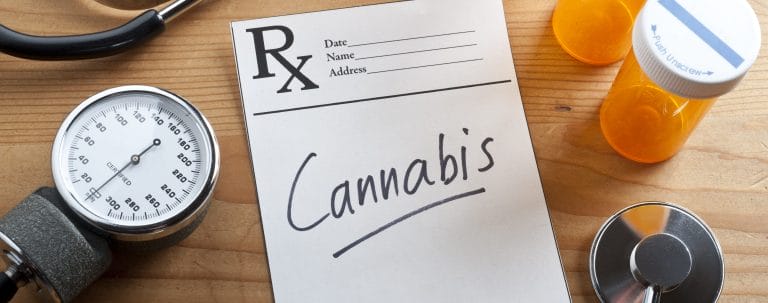
Categories

This is part of a series of articles by Wright Lindsey Jennings’ labor and employment team and medical cannabis and industrial hemp team examining key trends for employers and the workplace in 2020. The series was featured in Arkansas Business.
At the end of 2019, the Arkansas medical marijuana program continues its slow rollout. Although the program was established in November 2016, the first dispensary did not open until May 2019 and only 12 out of the 32 licensed dispensaries and three of the five cultivation facilities were operational by the end of the year.
The Arkansas Medical Marijuana Commission, which is responsible for issuing and renewing licenses to cultivators and dispensaries, has made it clear that dispensaries that haven’t opened their doors by early 2020 should expect potential action by the state, which could include a loss of the license to operate. In contrast, Oklahoma legalized a medical program in June 2018 and the first sales began only 90 days later. In less than a year, Oklahoma has licensed 1,535 dispensaries, 4,393 cultivators and 1,188 processors.
Arkansas retail prices remain on the high end compared to other states with a medical market, with an average price of $15 per gram (about one rolled cigarette). But sales have been strong, with more than $25 million in sales as of mid-December, a total that outperformed the first six months of the Illinois medical market. For comparison, Oklahoma’s sales figures for just the ninth month of operation were $40 million.
The real news in Arkansas is the huge boom in the patient count. When sales began in May, there were only 12,000 patients who had obtained a registration from the Department of Health over nearly two years, most of whom were certified for intractable pain, severe arthritis or post-traumatic stress syndrome. Six months later, there are 30,677 patients and an additional 1,096 applications in process. This is an increase of 2.5 times the total number of patients in only six months.
The increase is particularly notable given the state’s relatively limited number of qualifying conditions compared to other states. For example, Oklahoma does not restrict patients to those with a specific qualifying condition; instead, it authorizes physicians to certify patients for any condition that they think will benefit from cannabis. As a result, Oklahoma leads the nation with 5.3% of the total population holding a patient license.
Looking Ahead
The increase in the patient count has started to impact employers, especially those in the western part of the state where employees may be drawn from Arkansas or Oklahoma. While many employers have modified their employment policies to account for medical marijuana and gone through the process of identifying in writing those positions that are safety-sensitive, a significant number have not. Given the types of remedies that are available to employees or applicants for violations of Arkansas’ medical marijuana laws, we expect a spike in employment litigation in 2020.
Many Arkansans are interested in becoming involved in the program but the state has not authorized any additional cultivation or dispensary licenses. Processor licenses, which would authorize companies to process marijuana into other products, like edible food and drink, extracts or topical creams, were authorized in the 2017 legislative session but the commission has not yet finalized the rules or begun accepting applications. The same is true of the specialized transportation and distributor licenses authorized in 2017. For potential investors, the best short-term opportunities for involvement in the Arkansas cannabis market are in ancillary services/products, such as growing supplies, security or equipment sales.
Meanwhile, the hemp program administered by the state Department of Agriculture got off to roaring start in its first full growing season in 2019, with nearly 2,000 acres of fields and 80 farmers authorized to grow industrial hemp, which has been legalized under federal law.
The state has also licensed 18 processors to extract the non-psychoactive compound CBD or otherwise process the raw hemp for a large variety of purposes, including building materials, industrial products and food products. Observers expect that this market will increase significantly in 2020, as it provides farmers with the opportunity to grow a specialized crop in high demand without the concern over federal legality.
Erika Gee, a partner with Wright Lindsey Jennings in Little Rock, leads the firm’s medical cannabis and industrial hemp team, working with cultivation facilities, dispensaries licensed transporters and other related businesses in Arkansas, Oklahoma and Missouri. She also represents clients in government relations, regulatory and compliance matters. Email her at EGee@WLJ.com.
Stuart Jackson has been practicing in the labor and employment field for more than twenty-seven years and is a partner on Wright Lindsey Jennings’ Labor & Employment Team. As of late, he has been focused on helping businesses prepare for medical marijuana and defending wage and hour collective/class actions. You can contact him at WJackson@wlj.com.







































































